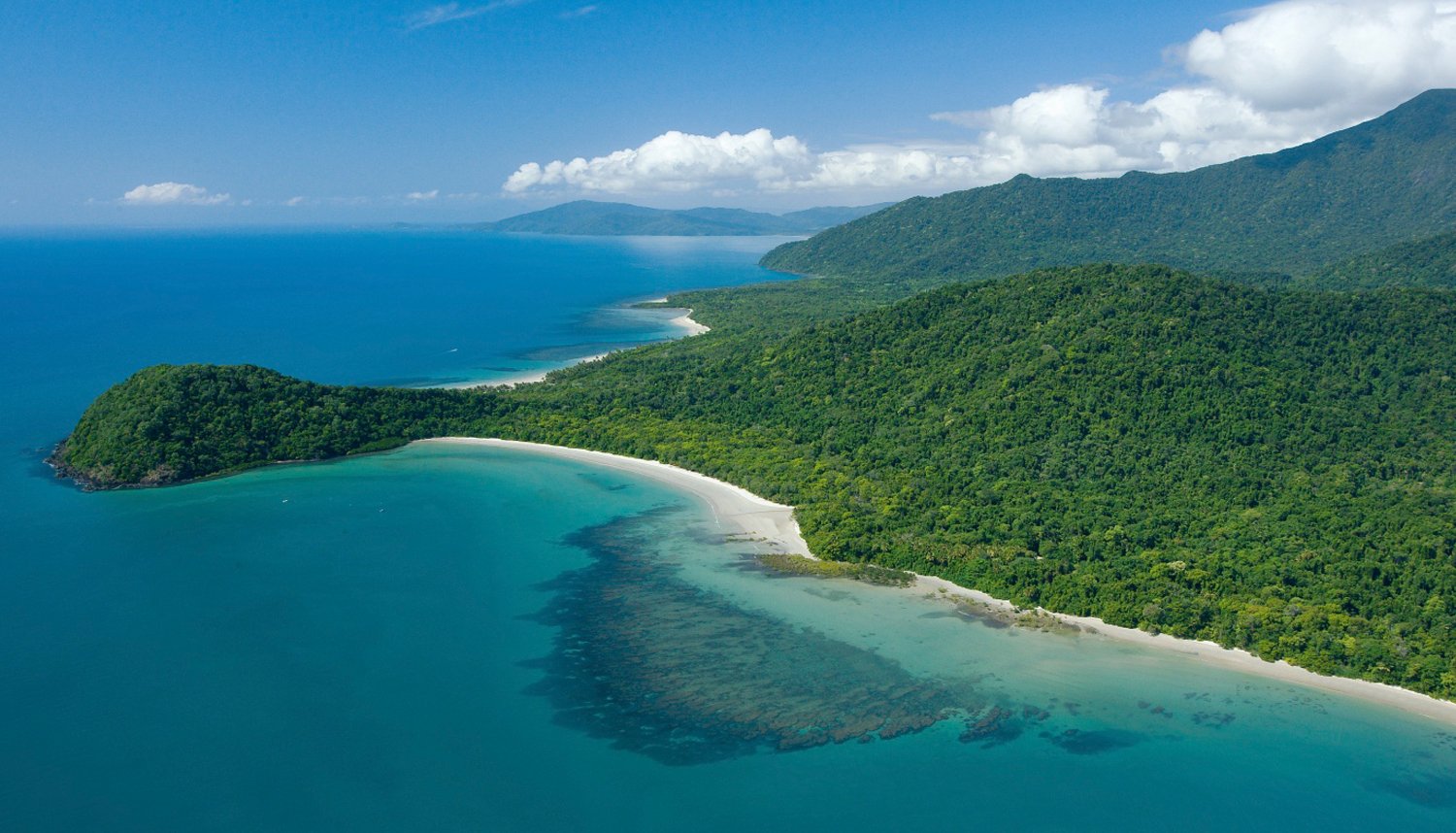Kangaroo poo hoovered up for fertiliser alongside the Wet Tropics rainforest and free electric car charging stations are among the sustainability initiatives in Tropical North Queensland. With two World Heritage areas side by side, the tourism industry takes its role in nurturing the Great Barrier Reef and the Wet Tropics rainforest very seriously with operators carefully ticking sustainability boxes as well as coming up with innovative solutions to reduce their footprint.
Roo poo fertiliser
The “poo sucker 2000” is used to clean up kangaroo excrement so it can be recycled as fertiliser at CaPTA’s Rainforestation Nature Park in Kuranda. Eucalyptus leaves for the koala colony are grown at the local Lotus Glen Prison by prisoners as part of a rehabilitation project and two-acres of food plants for the caterpillars hatched at the Australian Butterfly Sanctuary have been planted across two acres at Rainforestation. A behind-the-scenes tour showcases the environmental conservation initiatives and you can get there in Queensland’s first electric bus to be used in a commercial business.
www.capta.com.au/environment/
Drive an electric car
Visitors can explore the Cairns region in an electric car with free charging stations at major tourism attractions. They are being installed at Skyrail Rainforest Cableway, Hartley’s Crocodile Adventures, Mossman Gorge Visitor Centre, Village of Herberton, Paronella Park and Coffee Works Mareeba. The Cairns Esplanade station has recorded the most amount of charging in regional Queensland and stations are already installed at Stockland Cairns, the Reef Casino and the Pullman International. http://statements.qld.gov.au/Statement/2019/10/12/electric-vehicle-infrastructure-charging-ahead-in-fnq
Going green in Port Douglas & Daintree
The Port Douglas Daintree region is on track to become Australia’s first eco-certified region with Douglas Shire Council announcing a carbon offset project to buy land in the Daintree Rainforest for habitat regeneration while continuing stringent measures to reduce emissions. With 24 of the region’s operators providing eco-certified tourism experiences in compliance with Eco Tourism Australia, it is easy for conscious holidaymakers to choose green. The Port Douglas Daintree region also recently won a place in the elite Sustainable Destinations Top 100 list, measuring innovation in the sustainability of tourism experiences, for the second year in a row.
Native food with low miles
Ochre Restaurant and Catering pioneered the use of Australian native ingredients in their menu long before diners had heard of finger limes or lemon aspen. Chef Craig Squire says native food requires little extra water or chemicals, native animals have soft hooves, bite off grasses instead of damaging grasslands, and produce very little methane. As the offsite caterer for the recent Amway China incentive which brought 6000 delegates to Cairns, Ochre convinced the client to switch to glasses and jugs of water to save using 10,000 single-use plastic bottles.
ochrerestaurant.com.au
Hotel earns top award
The Crystalbrook Collection has embedded responsible luxury into their hotel philosophy with initiatives including recycled wooden key cards, paperless check-in and check-out and coat hangers made from recycled cardboard. Low food miles is the mantra for their restaurants with the Crystalbrook Station beef farmed just a three-hour drive away. There are no plastic water bottles and their bespoke amenity range featuring Australian native ingredients is delivered in large pump bottles doing away with 250,000 little bottles a year. The hotel’s initiatives earned it Best Environmental Program at the 2019 HM Awards for Hotel and Accommodation Excellence.
www.crystalbrookcollection.com/about-us
EarthCheck Master
Skyrail Rainforest Cableway was the first tourism operator in the world to achieve EarthCheck Certification and is one of less than 10 EarthCheck Masters on the planet. Its reduction in greenhouse gas emissions is the equivalent to taking 299 cars off the road. Its attention to environmental detail began with construction when helicopters were used to place the towers in gaps in the canopy and continues with the Skyrail Rainforest Foundation raising funds for tropical rainforest research and education.
www.skyrail.com.au/about/accreditations
Environmental oasis created
Hartley’s Crocodile Adventures was built on a former farm overgrown with weeds. More than 7000 native species were planted to restore the site which is surrounded by World Heritage rainforest. The property is a “landlocked island” responsible for its own supply of water, power, sewerage system, waste removal and digital connectivity. The owners, the Freeman family, established the North Queensland Wildlife Trust to match donations from visitors with more than $200,000 distributed to local conservation groups.
www.crocodileadventures.com/sustainability
Help restore the reef
Volunteers wanting to give back to the environment can adopt a coral on the Great Barrier Reef or assist with Reef Restoration Foundation projects. Broken coral is being rescued from the sea floor at Fitzroy Island and given a second chance to form new reef structures near Australia’s first ocean-based coral nursery in Cairns. The not-for-profit organisation had embarked on a Corals of Opportunity program in conjunction with the Powershop Coral Tree Nursery at Fitzroy Island where corals are grown to be transplanted on degraded reefs. They aim to plant 1 million new corals on the Great Barrier Reef by 2026.
reefrestorationfoundation.org
